Blogging challenge part 04 question # 6
Make a list describe how a person behaves with good manners in your culture?
Before I start this A LIST BEHAVE WITH GOOD MANNERS IN MY CULTURE I would like to share this few informations..
In my culture as a FILIPINO we known for being hospitable, amiable and resiliente people. We have a strong family ties and also religious, generosity and helpfulness with strong work ethic and very lovable and caring people. In table manners We also eat using with our fingers I just let you know so it's not new to all of you and you will not be surprised.
LIST OF FILIPINO BEHAVE GOOD MANNERS.
When we ate childrens our parents always teach us this.
Saying PO, PLEASE AND THANK YOU. in tagalog we use PO and OPO in conversations as a more respectful way to talk to someone older than us. Its usually understood as saying please, however "PO" alone does not really have it's own meaning. It does add formality and is used as a sign of respect.
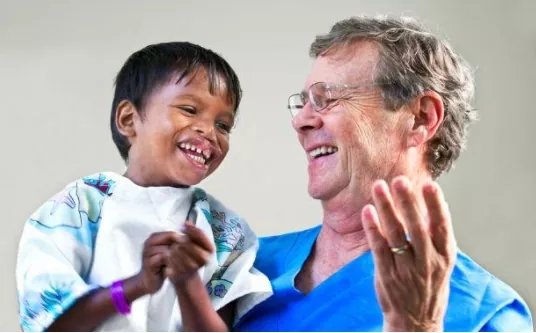
*MANO PO, *when younger people greet older people here in the Philippines, they say "mano po" which simply means "your hand please". In Filipino culture, to "mano" is a tradition of greeting those who are older than you. The person giving the greeting bows towards the offered hand of the elder. They gently take the hand of the elder and kiss the back of it or place it on their forehead. To "mano" it similarly to using "po" it's a sign of respect to an elder.
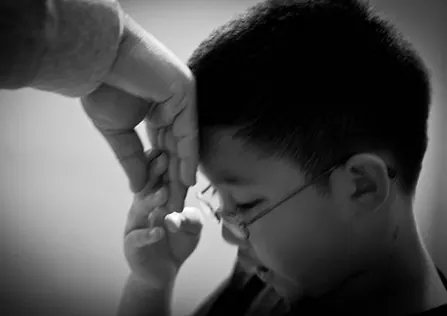
"TAO PO" aside from the common practice of knocking on closed doors and listening for a permission to enter before actually going in, we Filipinos usually say " TAO PO" when visiting someone else's home. This is to signify your presence in someone else's home. Think of as introducing yourself and that's you're there, instead of just walking in and making yourself look like an intruder or trespasser.
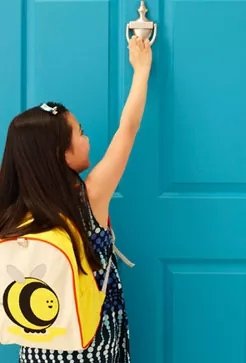
- Assist and Give way to Elders*
Aside from using "po" and practicing mano, kids should also be reminded about giving way to Elders, So it's wise to nurture being helpful to others while they're young. This also extended to people with disabilities and pregnant women.
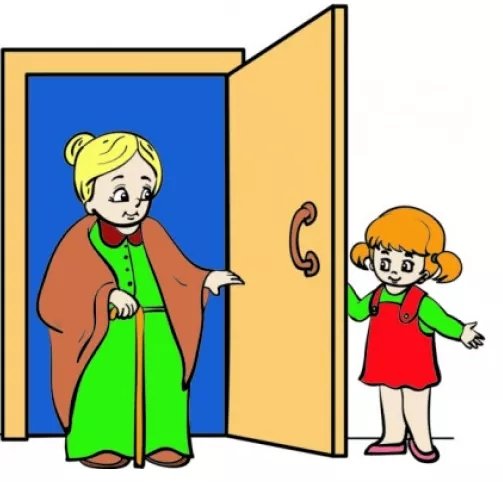
Tito, Tita, Kuya, Ate,
Another way tha we Filipinos show respect for those who are older than us is by not calling them by their first names. The way we address people had a system. Older siblings, or those who are few years older than you, are addressed as ate (for females) and kuya (for males). Grandparents or those who are in senior years are called lola (for females) and lolo (for males). Even strangers are addressed with respect. Manang and manong are usually use to call middle-aged folks. It's also respectable to address the friends of parents and parents of friends as Tito and Tita, which is similar to calling someone as uncle or aunt.
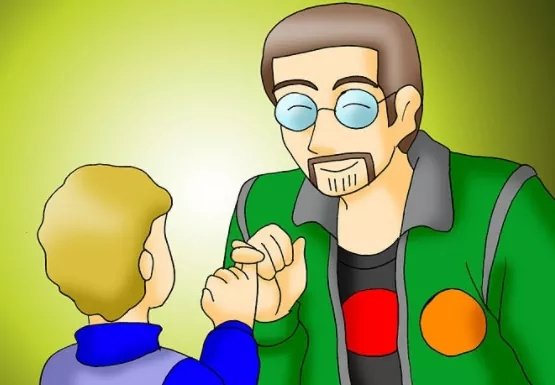
Igalang si yaya or respecting the helper.
It's very common for Filipino households, especially for those who are in the middle class, to have a KASAMBAHAY (helper or maid) or YAYA. not only do they have to clean and take care of the house, they also have to cook, do laundry and even watch over the kids while mom and dad ate out to work. Infect kids often look up to them as older siblings and would call them "ATE" (Older sister) as a show of respect.

Spoon and fork or KAMAYAN
Most counties in the west would use a knife and fork to eat during mealtimes. However, we Filipinos prefer to use a spoon and a fork. As kids we were always told to use and hold utensils properly while eating and never point it at someone. It's also improper to tap the spoon and fork together to remove little bits of food from the utensils. In some cases, we forget the spoon and fork and eat with our hands. Kamayan is very common to us, plus some foods are just better eaten with our hands (like rice and tuyo). But even with kamayan, there's still some rules to keep in mind. You should eat neatly as can and never lick your hands and not overloading your plate with food or waiting everyone to be seated and ready before eating.
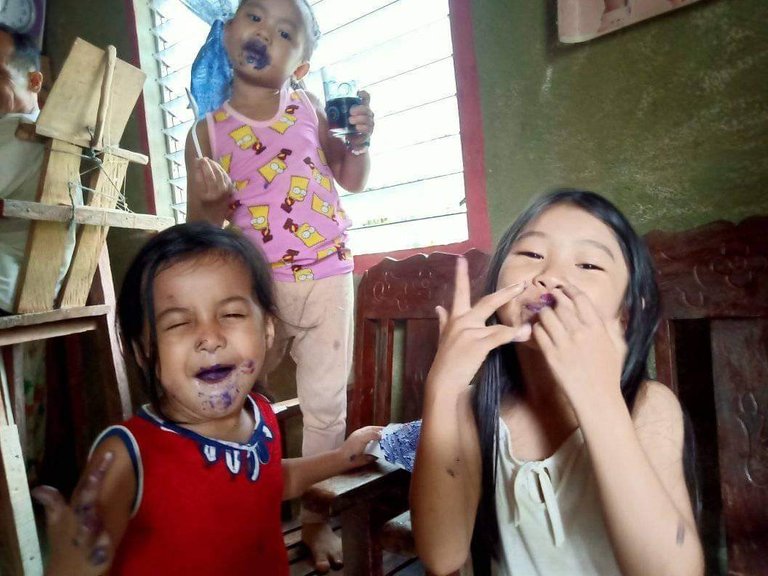
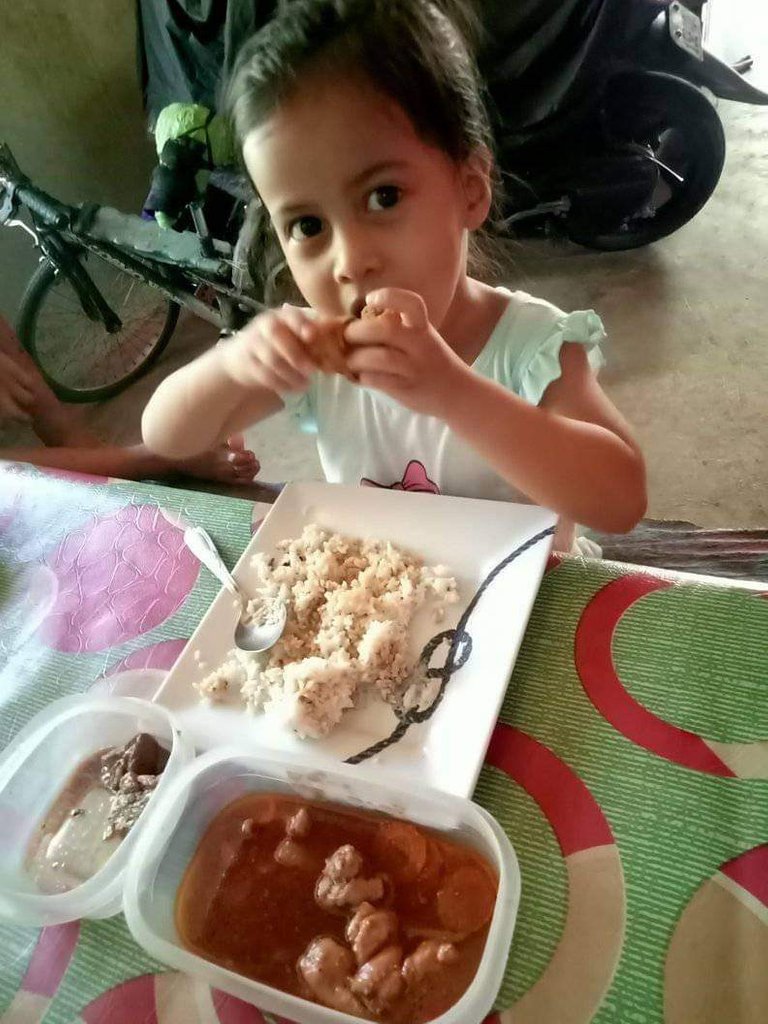
*Be hospitable *
We Filipino are known for our hospitality, so why not teach kids this. A good example is our custom of asking others to join us in a meal. When there are guest in our home. Teach your kids to be gracious and offer the guest something to drink or eat. Also, during parties, the guest are asked to help themselves to the food first before getting some for yourself. This teaches them about being courteous and putting other first.
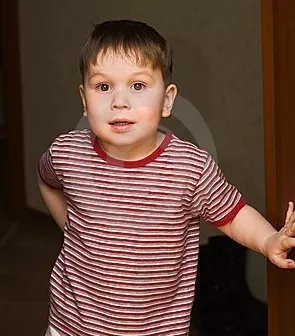
Being well behaved in public
The Philippines is a deeply religious country. At a young age, were exposed to religion and religious practices such as going to church on Sunday. Although many think that it's fine for kids to wander off and play while mass is going on, being well behaved in public area should be thought to them. This shouldn't be limited to church grounds. When we going out to the mall or park, parents need to educate their kids about not running around making loud noises. It may just be fun for them, But it could be disturbing other people.

Shoes off
Although not every Filipino family does this, a majority of Filipino households will actually have a space where you can leave your shoes outside. You dont want to disrespects other people by walking into their homes with dirty shoes. Teach kids that if homeowners leave their shoes at the door, then it's best to take them off and leave them there to.
Manners maketh a man as the old saying goes, and teaching kids the right manners at a young age can help them become better at social interactions as they grow. What other manners do you think should be taught to kids? Leave your comment and suggestions below.
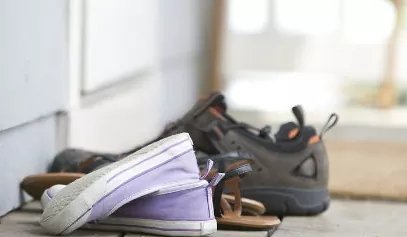
Thank you very much for giving time reading my blogging challenge Godbless and more power..

Congratulations @iamproudpinay! You have completed the following achievement on the Hive blockchain and have been rewarded with new badge(s) :
You can view your badges on your board and compare yourself to others in the Ranking
If you no longer want to receive notifications, reply to this comment with the word
STOPThis is Awesome, Keep up great works, Beautiful lady